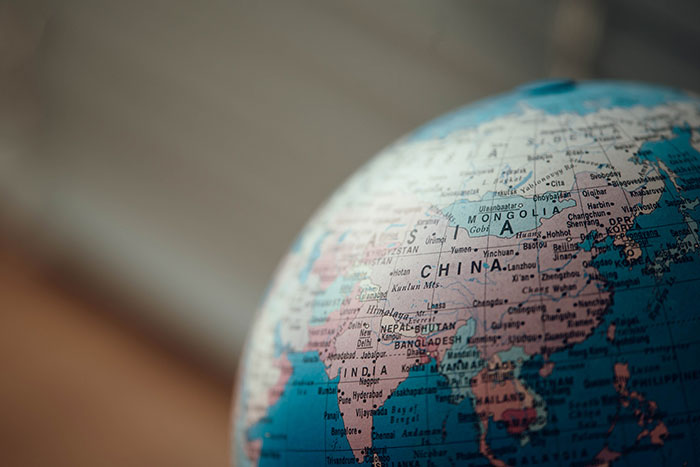It had been touted as the biggest IPO listing by Jack Ma himself. It was an event that was supposed to send a message to the world on just how strong the economy of China has become despite the devastating effects of the coronavirus pandemic.
Instead, in a sudden turn of events, regulators in China shut down the initial public offering of Ant Group, the internet finance giant. It was Beijing’s way of saying that it must consent to any move by private businesses in China before they can go ahead with it.
Everything was set in motion for the $34 billion stock debut in Shanghai and Hong Kong before the government decided to wade in and halt the entire process.
According to statements by Ma months back, the IPO would have eclipsed the record set by Aramco, Saudi’s state-run oil giant, which floated $29.4 billion last year when it went public. Ant Group would also have done so outside of New York, which had become a favorite listing destination for Chinese tech firms.
The Chinese authorities wanted to ensure that every firm in the communist country knew where they stood regarding matters of the state, and they did so in a spectacular manner. China, under Xi Jinping, has always gotten whatever it wants, and the current show of power play is a lucid example.
The Communist Party has ensured that a leash is tightened on international conglomerates who might want to overstep their boundaries. It used Ren Zhiqiang, an influential magnate, to send a word of caution to others who were wont to criticize the Chinese authorities. Zhiqiang was given 18-years sentence months back for criticizing the authorities, especially for its handling of the coronavirus pandemic. Experts said the action of the government on the Ant group was to get everyone else in line.
In August, Ant Group filed to go public. The company felt the time was right. Ant Group was already an influential part of the lifestyle of more than 730 million people who uses its Alipay app to process all manner of payments, including loans, insurance, and credit facilities. It took time to get to this point for the company after many clashes with the authorities.
China sensed the growing influence of these tech firms and had to do something about it. The authorities put together new policies regarding online lenders and tightened regulations on the banking and insurance sectors. More drastic measures were on their way, NY Times reports.
Just before announcing it was going public, Jack Ma, a controlling shareholder of Ant Group and founder of the retail giant, Alibaba, went into discussions with top authorities in China during the Bund Summit forum, including the country’s vice president, Wang Qishan and Yi Gang, the central bank governor.
Ma took the advantage to lambast Chinese regulators and their negative attitude to risks. He criticized the country’s financial institution, referring to them as “pawnshops” that lent only to individuals who could put up with the required collateral. He had made his points, but his remarks didn’t go unnoticed by the establishment.
After Ant Group set its listing price, there was a rush by investors to buy, and everything seemed to be going as scheduled. However, when Ma met with regulators in a meeting on Monday, there was a shock announcement by the Shanghai Stock Exchange that it was halting the IPO.
The reality of Ma’s criticism must have dawned on him. It was a risky venture he took when he made his speech, and he was paying for his recklessness in an opaque system like China that did not tolerate dissent.
Regulators explained their reason behind halting the IPO listing – they were protecting investors. However, experts said the reason was Ant’s growing influence, which eclipsed that of state-run banks, especially in credit and loan facilities. Decades ago, China would have been unable to take this route it has taken. As at then, it needed all the capital and goodwill it could obtain from overseas to build a strong economy.
Now, China has become a global economic powerhouse that cannot be pushed aside. It cares less what the international community may think of its domestic policies – more so, now that it is engaged in a trade battle with the US. It needed to put its home front in order and get everyone in line. Ant Group was overreaching itself and had to be stopped.
Source: ft.com









